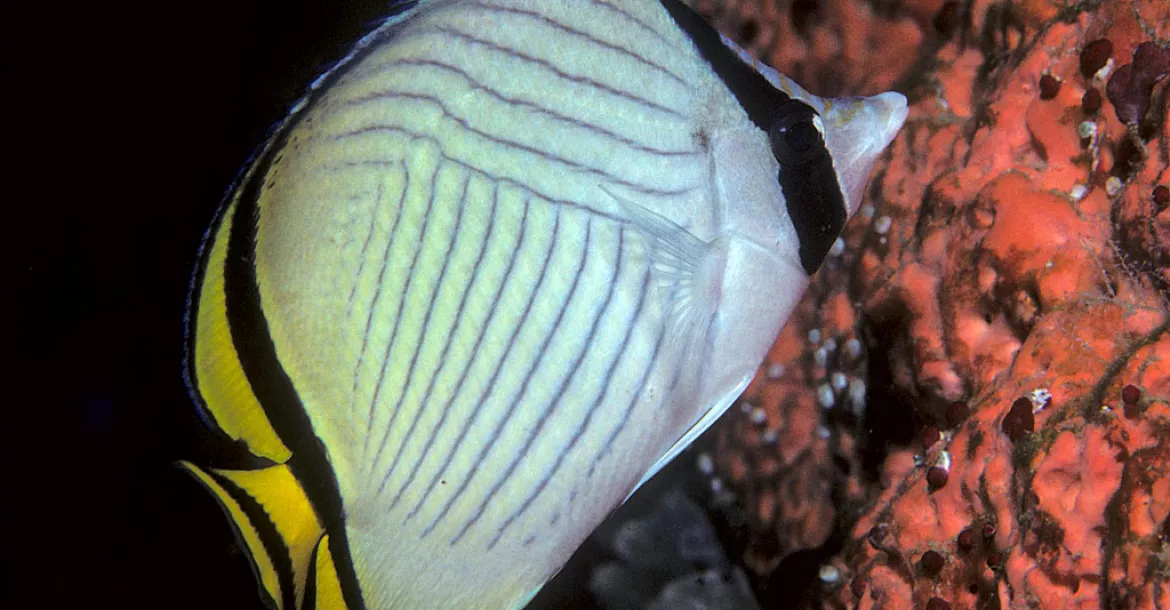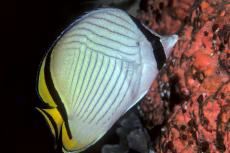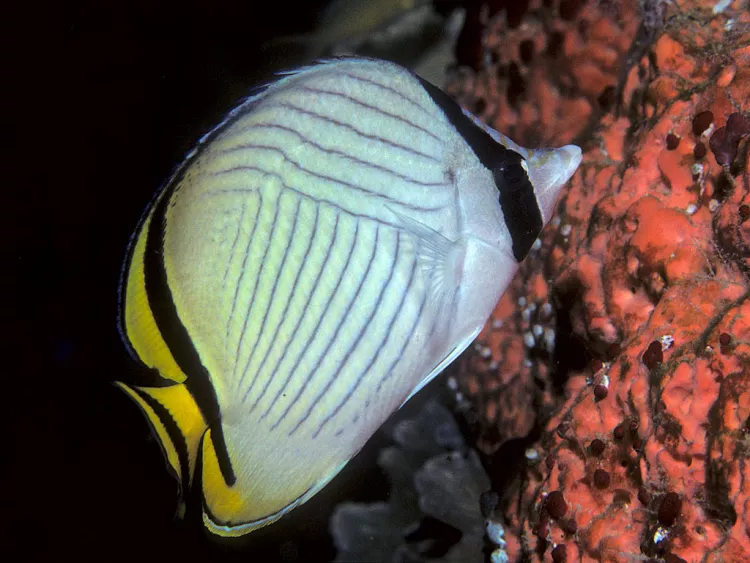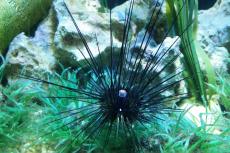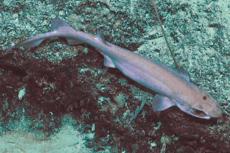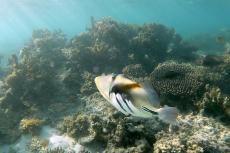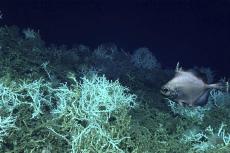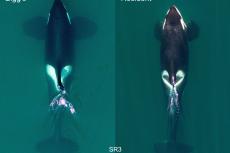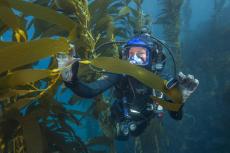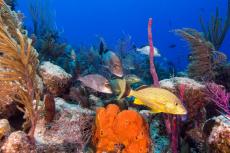Reef fish follow their noses
If fish and coral larvae opt to settle in coral-dominated areas instead of the degraded, seaweed-dominated reefs ecologists' efforts to restore reefs could become complicated.
With a series of experiments, a team of researchers led by Danielle Dixson from Georgia Institute of Technologyc ompared water from marine protected areas, where fishing is restricted and corals abound, to water from non-protected areas, where seaweed has largely replaced both corals and fish on the reefs.
Eeeeww!
They found that chemical cues expressed by healthy corals attracted coral larvae and young reef fish while cues from seaweed repulsed these aquatic drifters.
Since reefs around the world have been housing fewer corals and more seaweed recently, Dixson and her team suggest that many degraded reefs may need to be managed so that they produce the cues that attract -- rather than repel -- new fish and coral larvae.
- Log in to post comments

